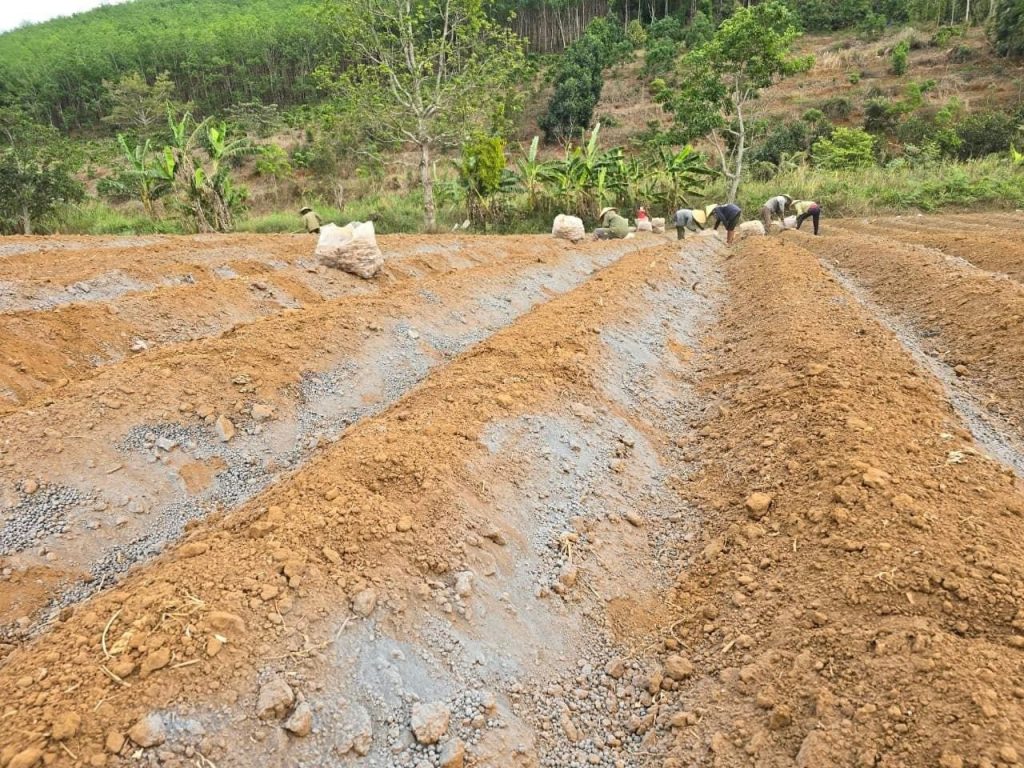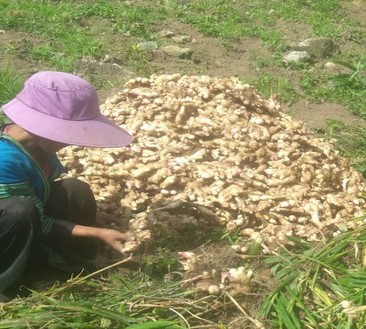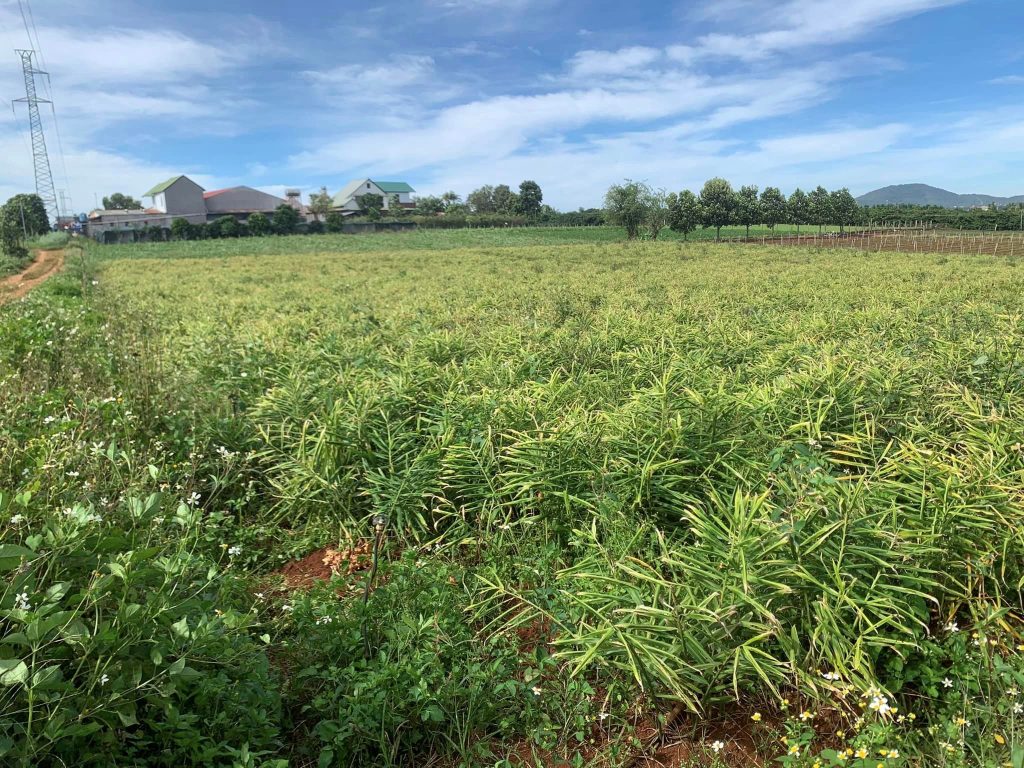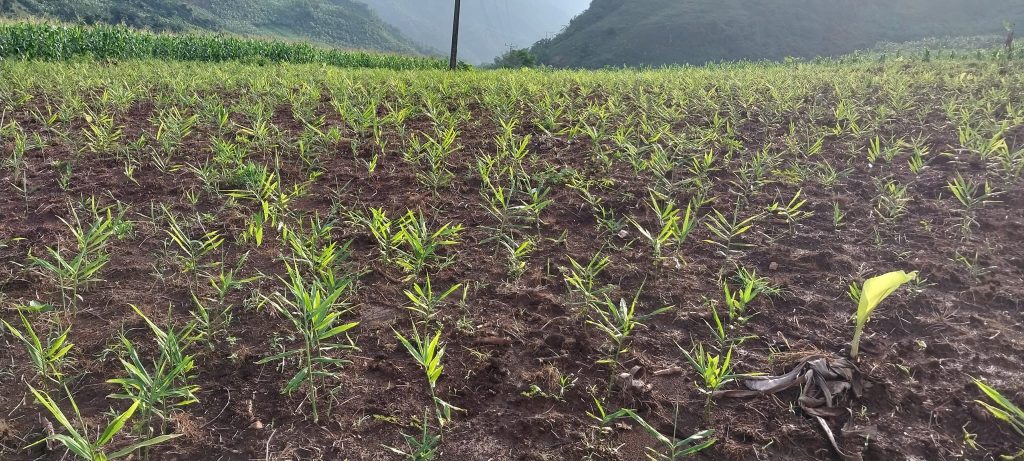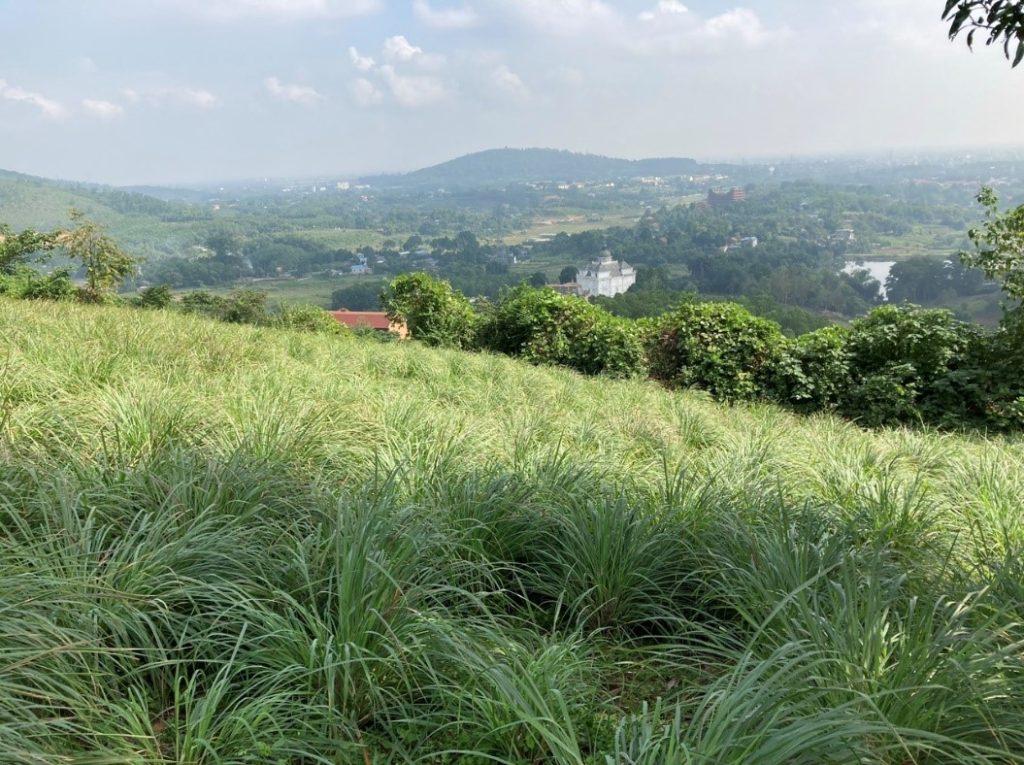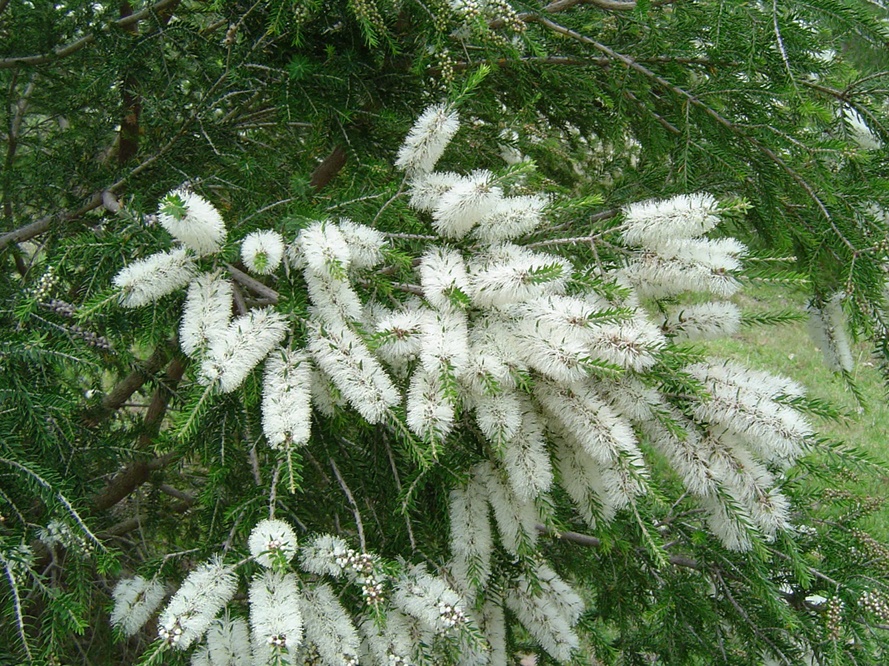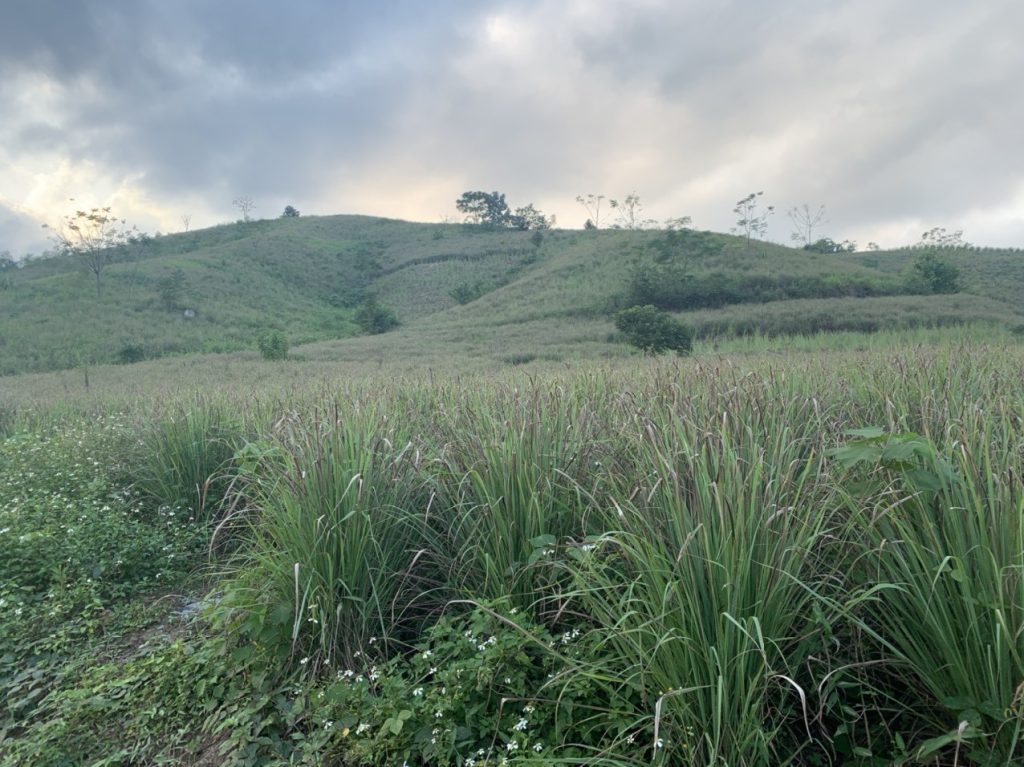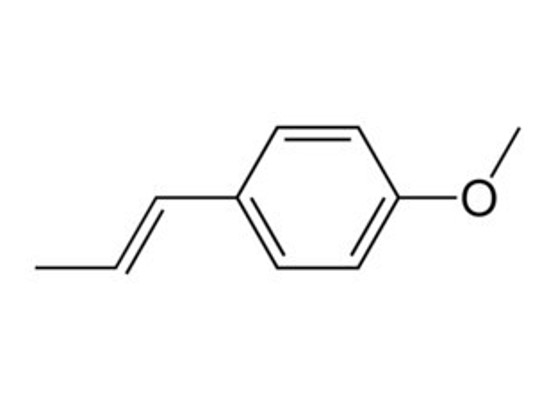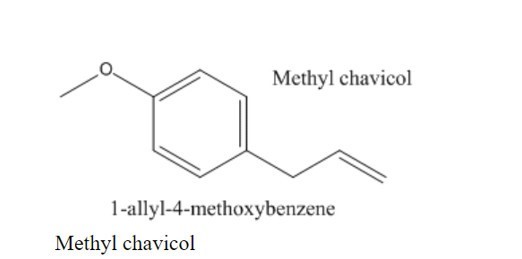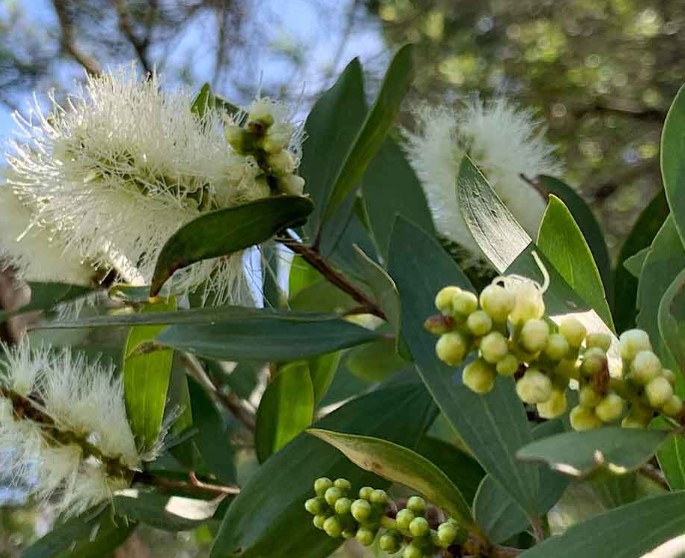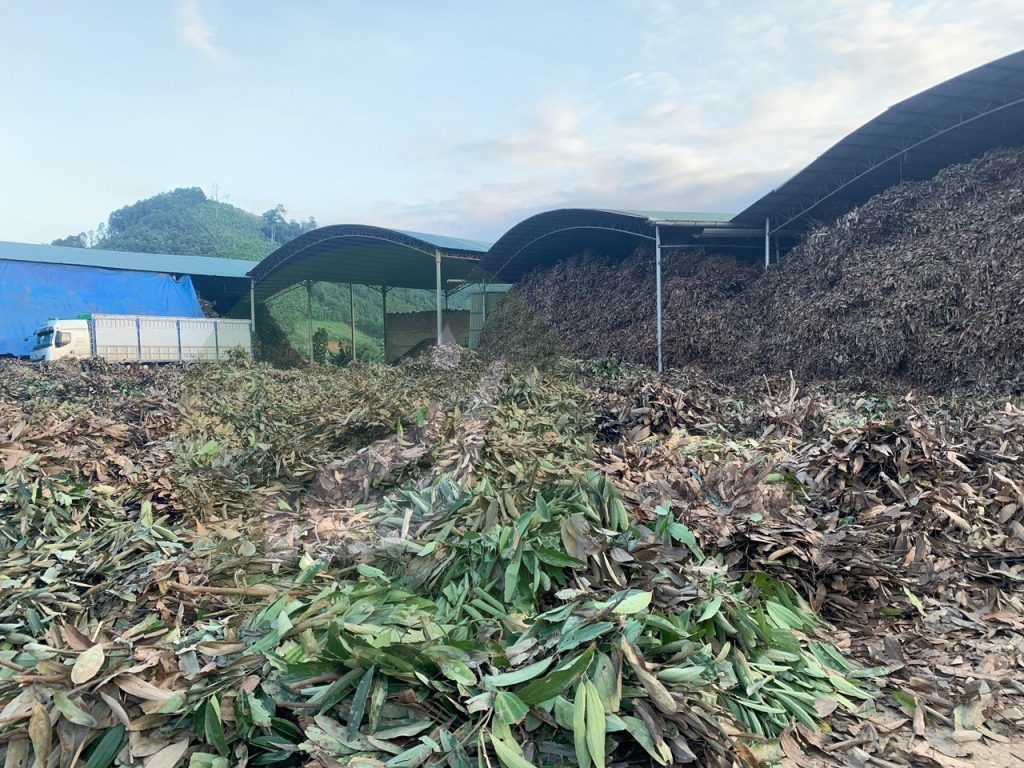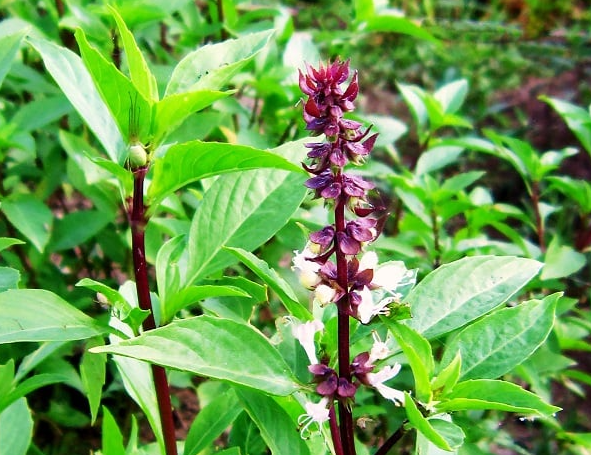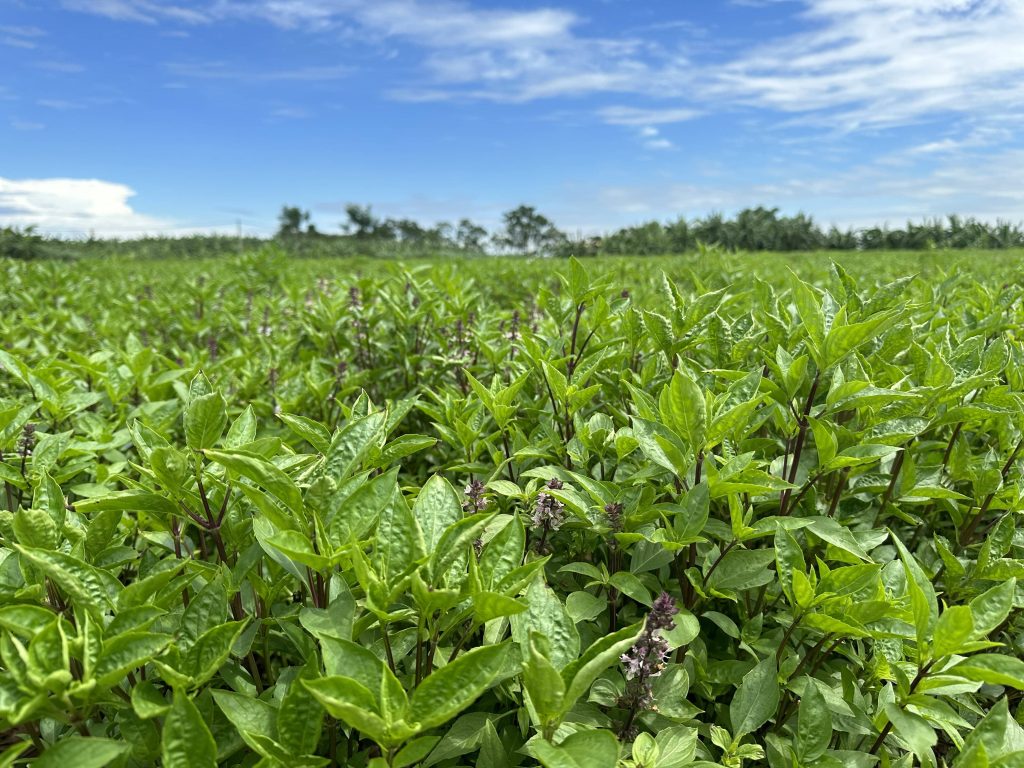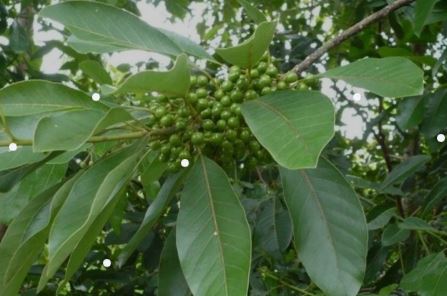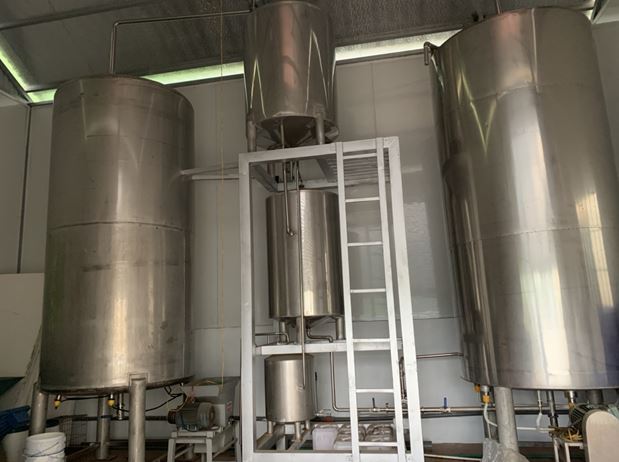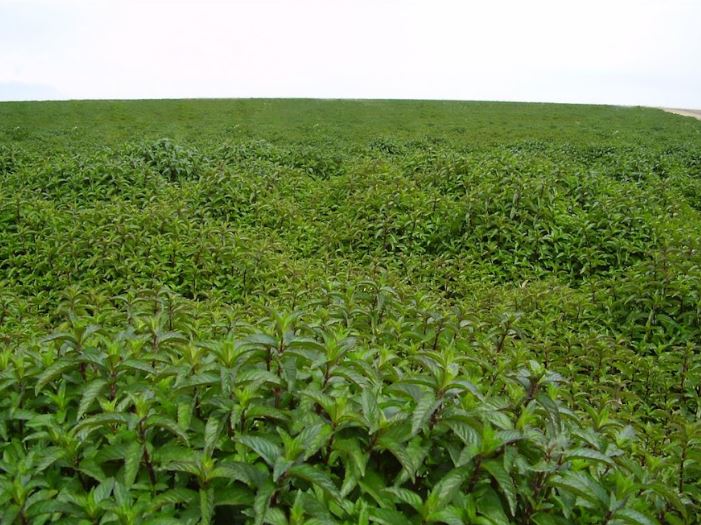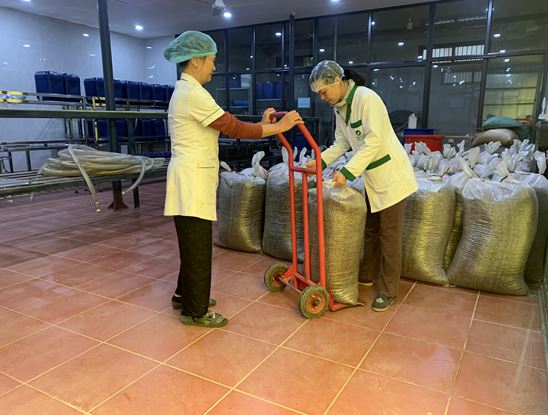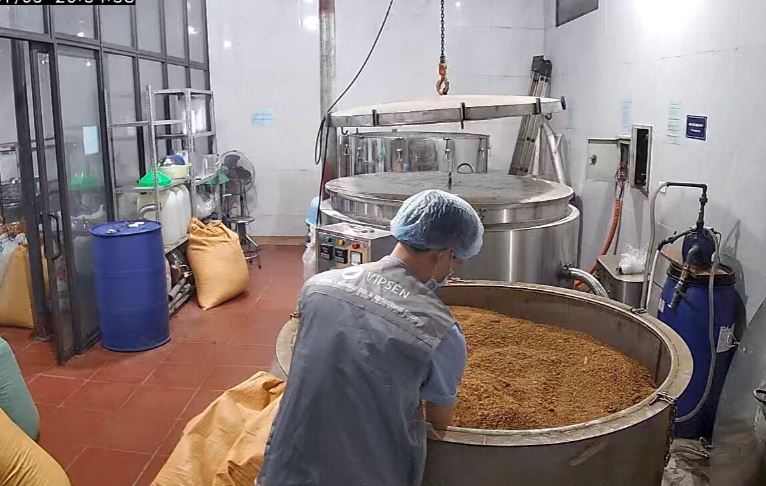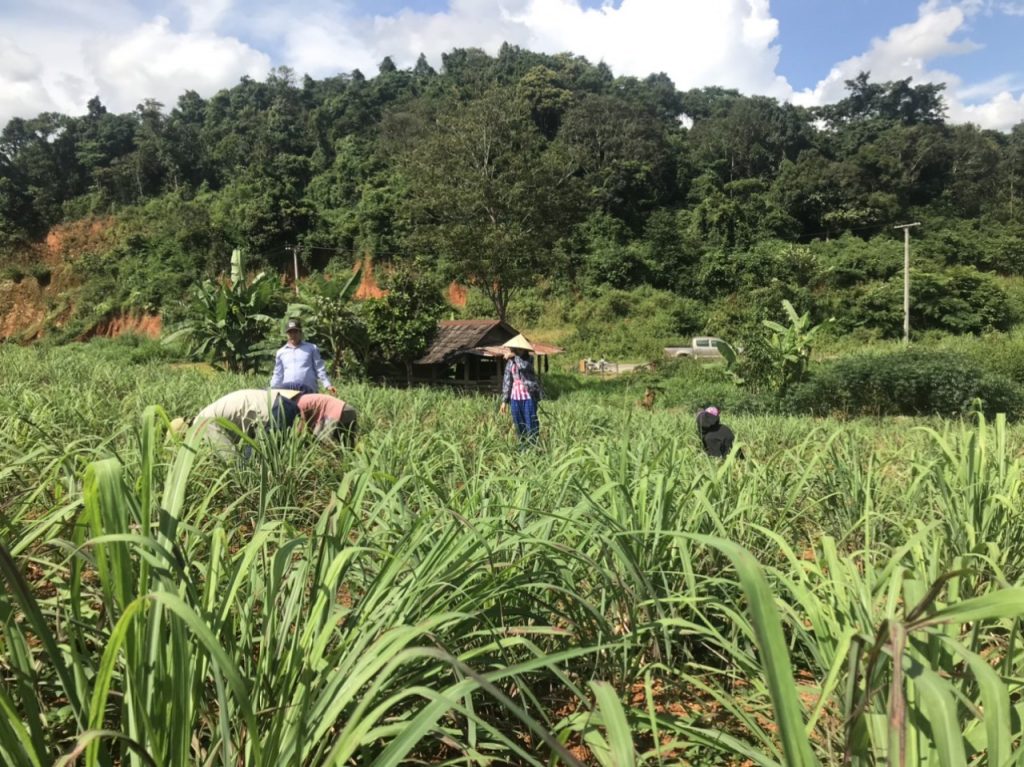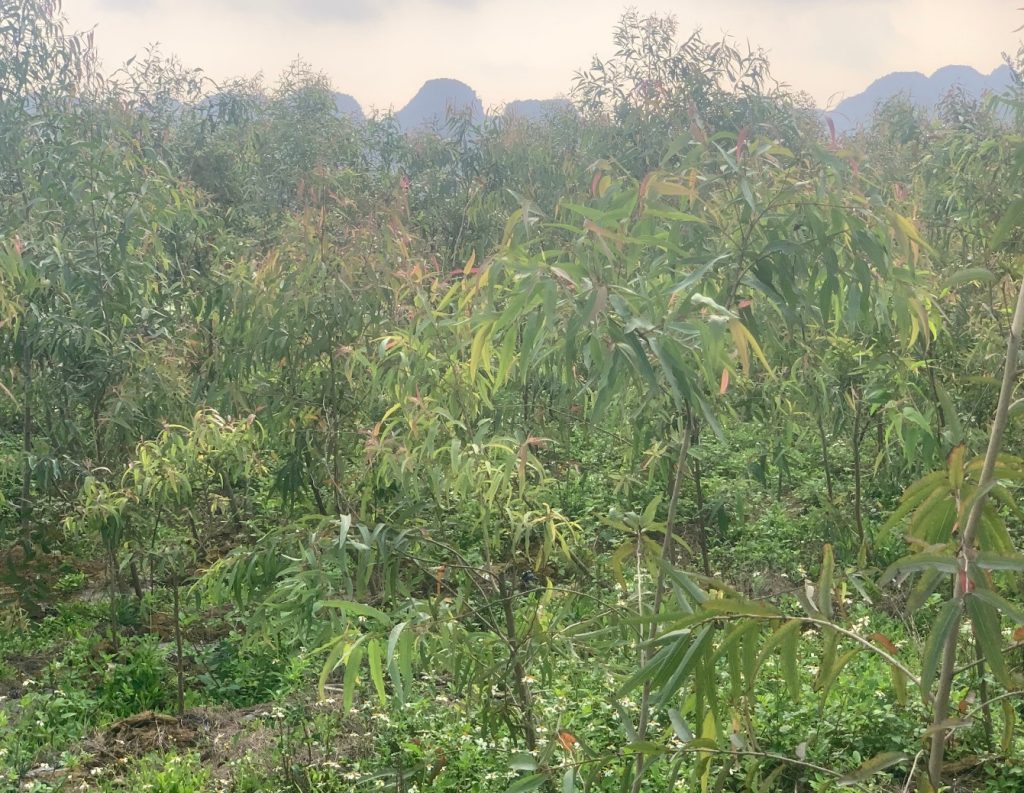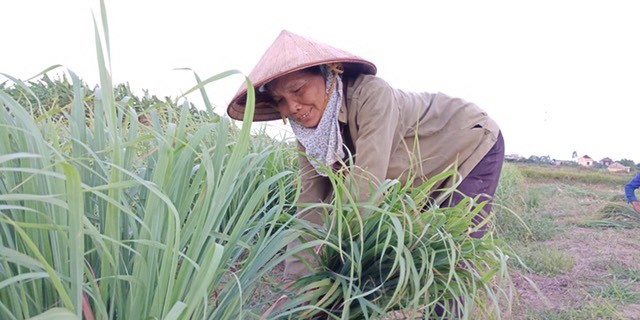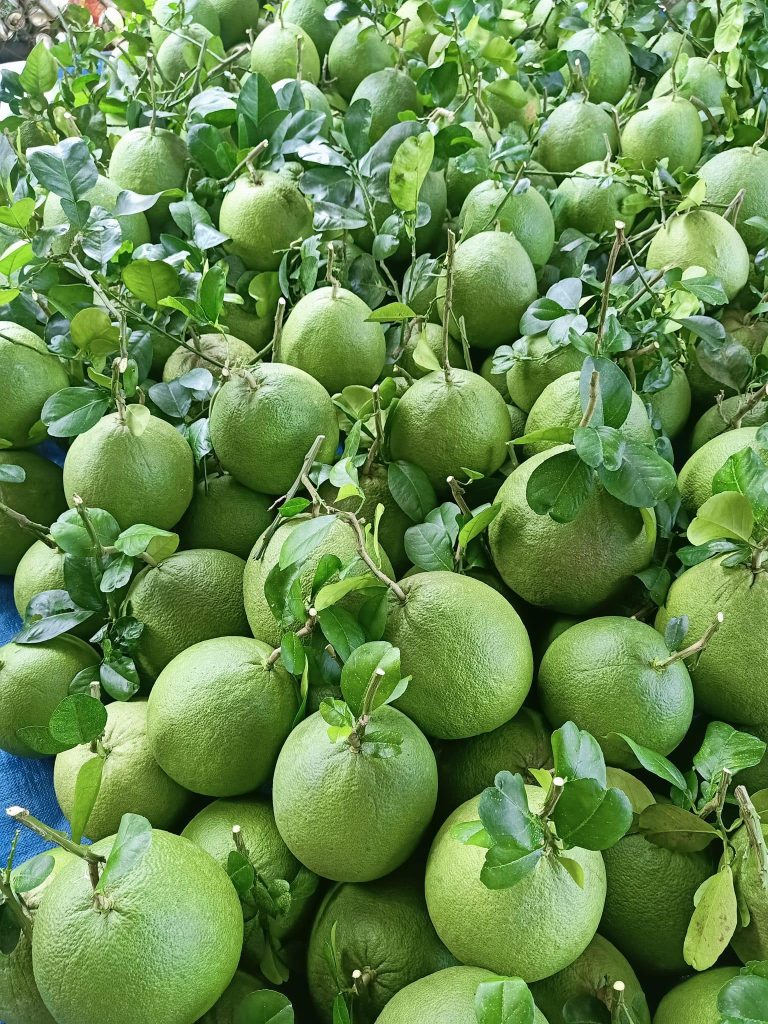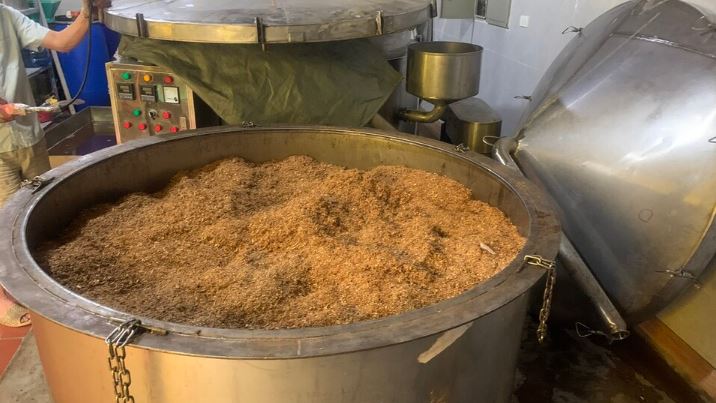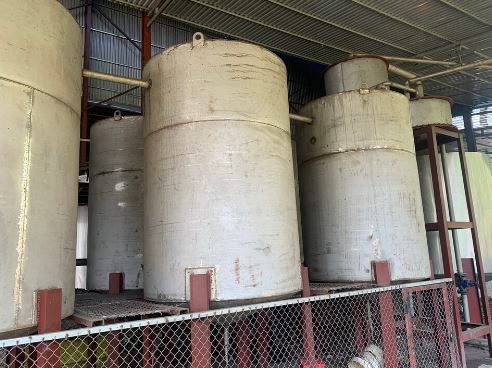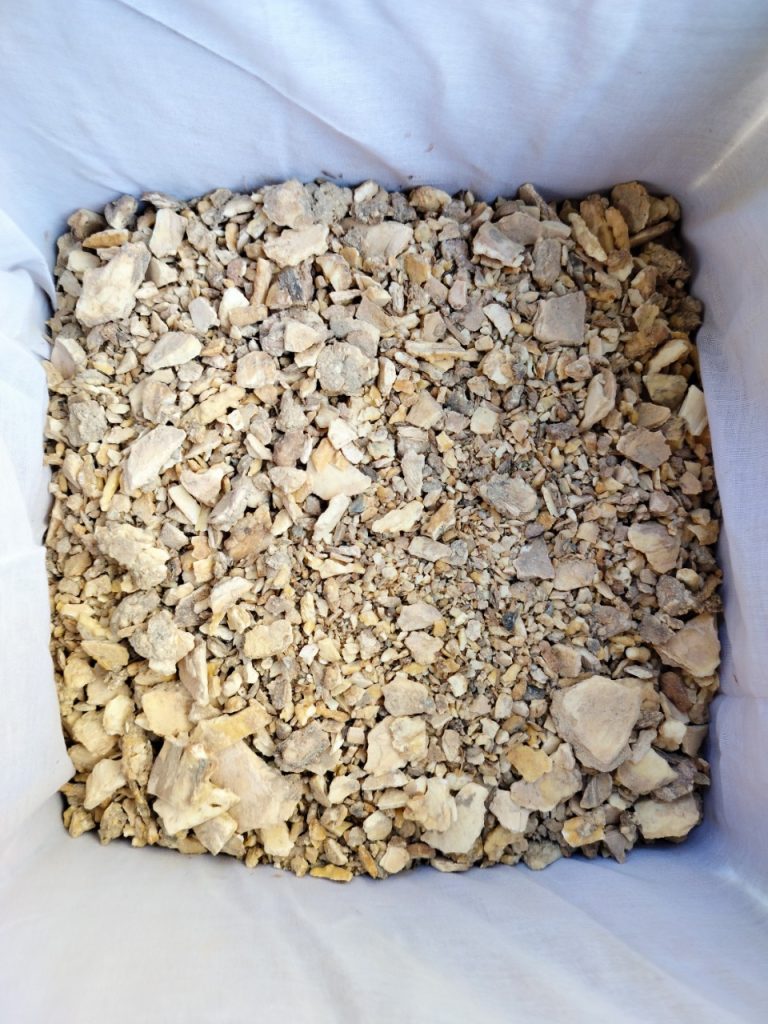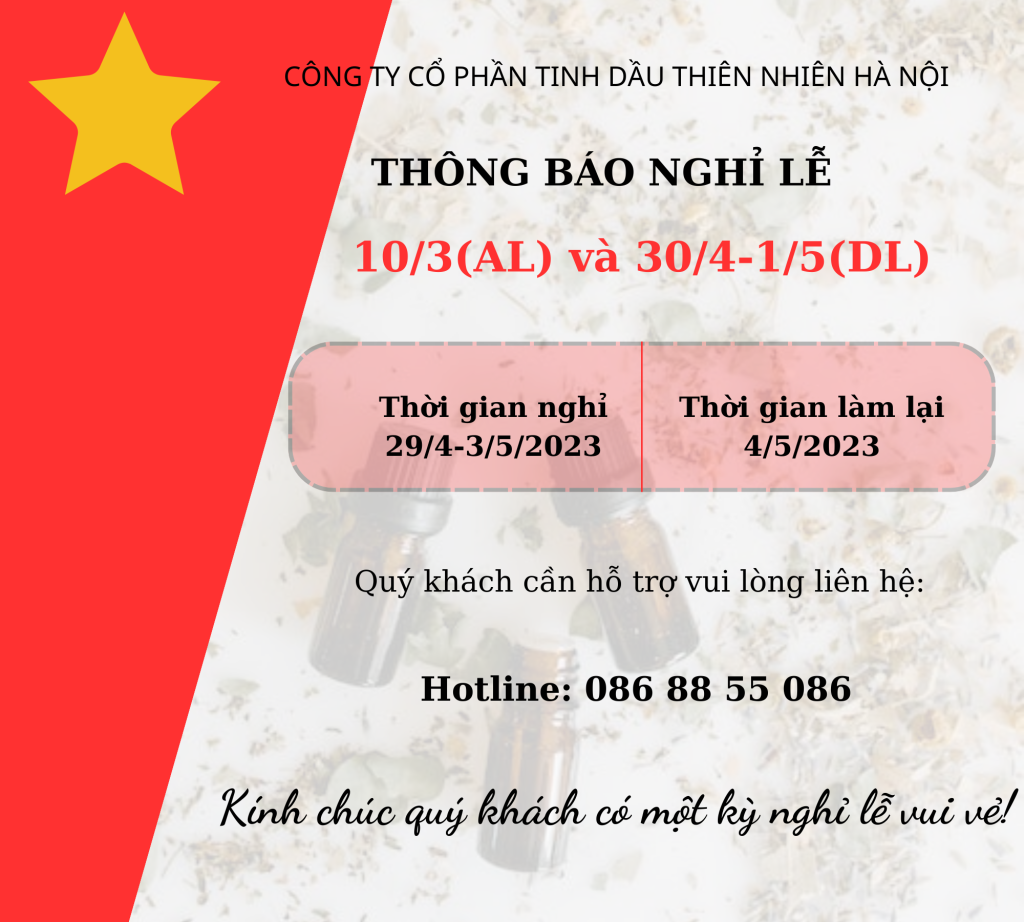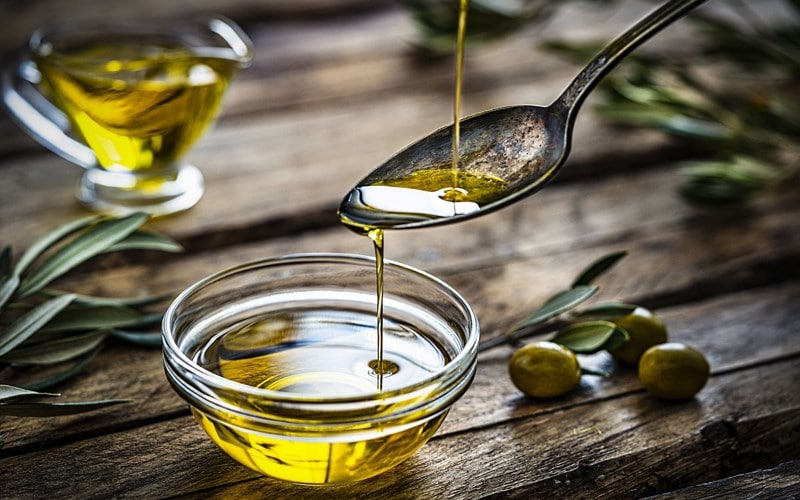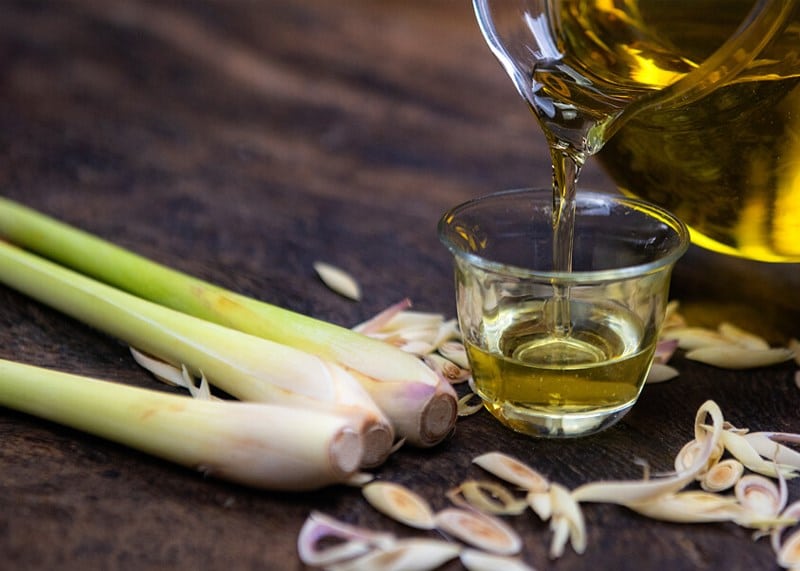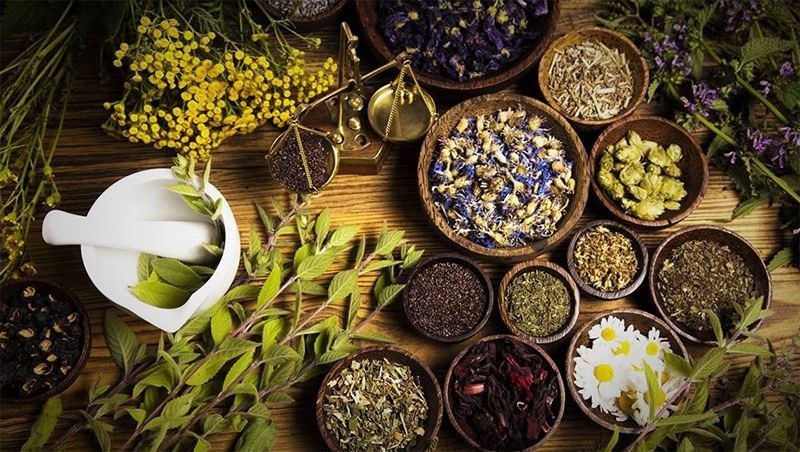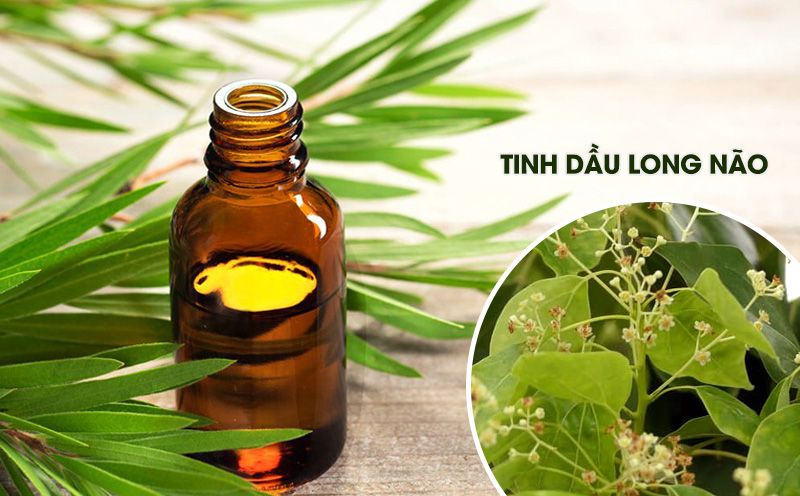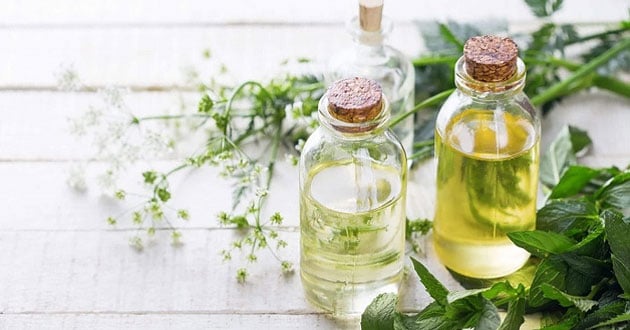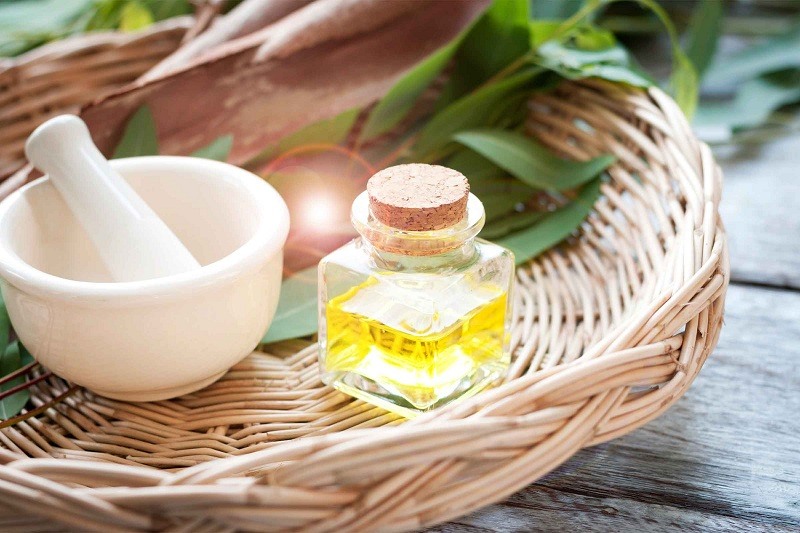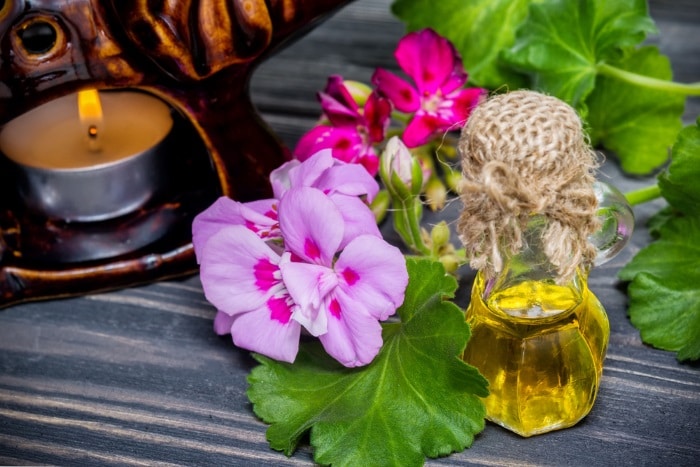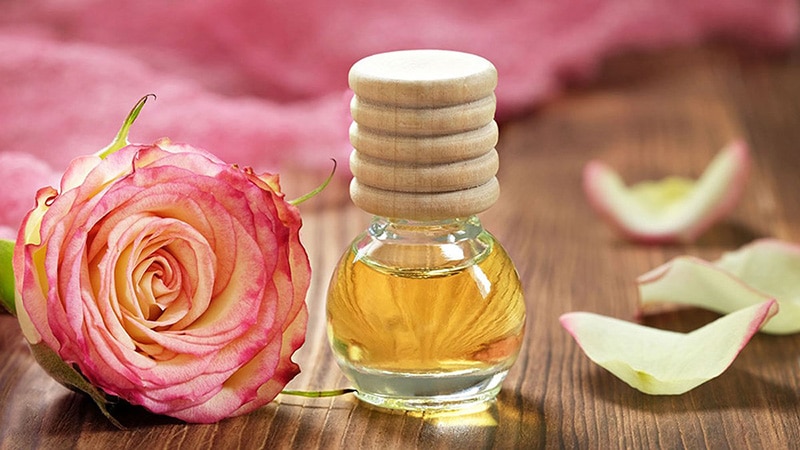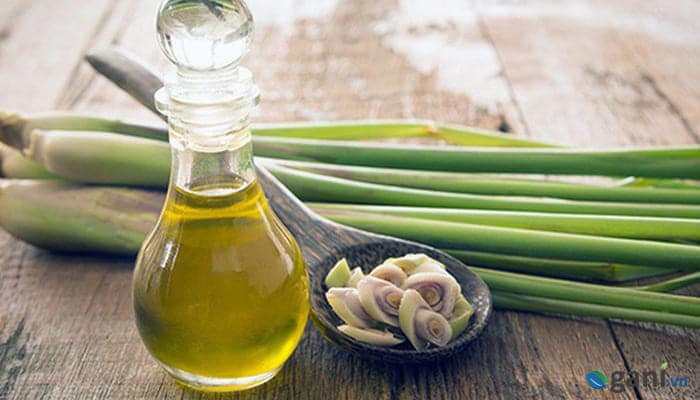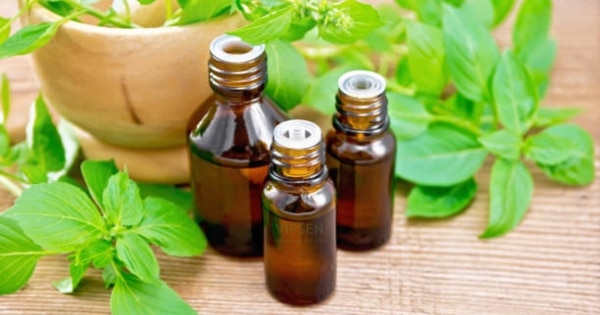Whether you are new to cooking or have been cooking for many years, you may still be confused about the difference between the terms “spices”, “seasonings”, “condiments” and “Flavours”.
Their common role is to bring attractive flavor to food, suitable to individual needs or market tastes. Sometimes we confuse concepts and forget that there are actually clear differences and uses between them. Join VIPSEN to learn about these differences.
1. Spice.
Spices are usually plant products with aroma, spicy, strong/pungent taste. Spices are made from fresh or dried parts of plants including leaves, stems, flowers, fruits, bark, roots, tubers, etc. The flavor from spices is mainly due to the essential oils contained in the plant, which are released through grinding, pounding, or cooking at certain temperatures. Finished spices on the market are usually in fresh form, powder, dried seeds, fruits and wood bark.
Spices are often used in marinating dishes or during cooking. Spices do not change the taste of the dish but simply add a unique, spicy, warm flavor.
Spices are not only used in food but also in medicine, cosmetics, perfumery, and religious ceremonies.
Some examples of spices include ginger, cinnamon, anise, chili pepper, pepper, cloves, cardamom, etc.

Fresh ginger in VIPSEN ginger factory
2. Seasoning.
“Seasoning” is also often used to enhance the flavor of dishes. Commonly used “seasonings” today include salt, pepper, sugar, seasoning, fresh spices (onion, garlic, lemon), chili powder, five-spice powder,…The combination of these ingredients can create a variety of flavors, from salty, sweet, sour, bitter to pungent. Depending on the cook’s desired flavor and the type of dish being prepared, people will choose different “seasoning” spices. For example, pepper is also a seasoning often used for most foods. Sometimes, a little lemon or kumquat is added to balance the flavor of the dish and this is considered a type of “seasoning”. And often, “seasoning” is often added to marinate food or at the end of the cooking process.
Like spices, seasonings are added to food to improve flavor without changing the dish to a different taste or often refer to the process of seasoning or marinating food.
Seasonings include salt, pepper, chili powder, vinegar, lemon, curry, clove powder, cinnamon powder, anise powder, paprika…
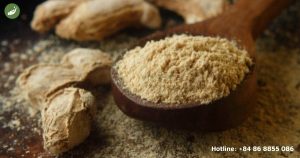
VIPSEN Ginger powder, an interesting ingredient in seasoning
3. Condiment.
Condiment is an additional spice or sauce used with certain types of dishes to add flavor. It is a mixture of herbs, fermented foods, eggs, starch, salt, sugar… used to supplement dishes, but it cannot stand alone as a dish. It is not part of the dish. Instead, it is part of the meal to enhance the dish. Condiment can be sauces, oils, soy sauce, butter, vegetables… They are used to mix or serve with dishes.
Condiments as something added to food after it is cooked rather than being part of the process of preparing and cooking the dish. An optional condiment that can be added to the dish at the table while eating. Condiments include chives, onions, garlic, tomato sauce, mustard, mayonnaise, chili sauce, meat sauce, margarine, olive oil…
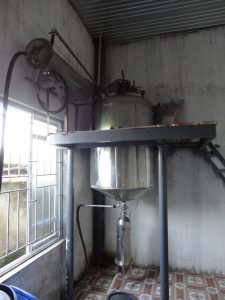
Basil oil steam distillation equipment in a Vietnamese farmer’s house. Basil oil is an interesting ingredient in many sauces.
4. Flavour.
Flavoring refers to something that changes or modifies the original flavor of a food or helps create a significant change in the natural flavor of a food. Plant and herbal extracts, including artificial chemical additives, are common ingredients used to create flavors. Flavor often involves chemical properties, natural or artificial, to simulate a certain flavor, sometimes to deceive the taste buds. It is decisive for the flavor of food, drinks and dishes. For example, lemon flavor, vanilla flavor, chocolate flavor, mint flavor…
Additionally, chefs can add flavorings to dishes at any time during cooking. Furthermore, time is a very important factor because different ingredients need time to release different flavors and, if it is cook some ingredients for too long, the flavor can be losen.
Flavorings, including: alcohol, menthal, estragole, limone, cinnamal dehyde, anethol…

Experts in VIPSEN basil field, Vietnam basil oil (estragole >80%) pays important role in flavour industry
5. Difference between spice, condiment, seasoning and flavour.
|
Spice |
Condiment |
Seasoning |
Flavor |
| Definition |
are plant products with aroma, spicy, strong/pungent taste in dry, fresh, ground powder form… |
is an additional spice used with some types of dishes to add flavor and appeal |
These are spices used to enhance the flavor of dishes: salty, sweet, sour, spicy |
A flavoring that changes or adjusts the original flavor of food |
| Ingredients |
leaves, stems, flowers, fruits, bark, roots, tubers… of plants |
mixture of herbs, fermented foods, eggs, starch, salt, sugar… |
salt, pepper, sugar, seasoning powder, fresh spices (onion, garlic, lemon), chili powder… |
Essences extracted from plants, herbs, fruits, including artificial chemical additives |
| Uses |
Often used in marinating dishes or during cooking. |
The option can be added or served with the dish at the table while eating. Not a food |
It is often added to marinate food or at the end of the cooking process. |
Decisive to the flavor of food, drinks and dishes. |
| Example |
ginger, cinnamon, anise, chili, pepper, cloves, cardamom… |
mustard, mayonnaise, chili sauce, meat sauce, margarine, olive oil… |
salt, pepper, chili powder, vinegar, lemon juice, curry, clove powder, cinnamon powder, anise powder, paprika… |
alcohol, menthal, estragole, limone, cinnamal dehyde, anethol… |
Knowing the difference is not as important as knowing how to use spices and flavorings skillfully. In general, fresh spices are added late in the cooking process while dry spices tend to be added earlier. This can create taste “layers” that resemble flavor “notes” like in perfume. Spices and flavors have now become a flourishing industry based on scientific and chemical knowledge researched over hundreds of years.

A part of VIPSEN warehouse, in which, all special Vietnam essential oil at food grade are available to export
6. VIPSEN – Manufacturer of natural ingredients for global spice and flavor industries.
VIPSEN is one of the leading researchers and manufacturers of essential oils, natural flavors and agricultural spices in Vietnam. Products are manufactured using advanced methods, applying science and technology to achieve high quality, large output and optimized prices.
Essential oil and flavouring products are produced by VIPSEN from selected raw materials, harvested from famous raw material growing areas in Vietnam. In addition, VIPSEN exports agricultural products such as ginger, cinnamon, and anise processed in many forms of finished products (sliced dried ginger, frozen peeled ginger, cinnamon powder, dried anise…). This ensures a closed ecosystem, standardization and cost optimization from planting, production to sales. The production process from planting and harvesting raw materials to producing and preserving finished products is always closely monitored by a team of experienced experts and technicians. VIPSEN’s essential oil and agricultural spice products are not only popular in Vietnam but are also exported to many countries around the world.
For more information, please contact:
Phone/Whatsapp/Zalo/Wechat/Kakao Talk/Line/Skype/Viber: +84 868 855 086
Email: Tony@Vipsen.vn
Address: D7-TT9, Forosa Street, Xuan Phuong New Urban Area, Xuan Phuong, Nam Tu Liem, Hanoi
Address of essential oil factory: Bai Dai, Tien Xuan, Thach That, Hanoi, Vietnam
Address of ginger and star anise factory: Thu Do, An Tuong, Vinh Tuong, Vinh Phuc, Vietnam




























